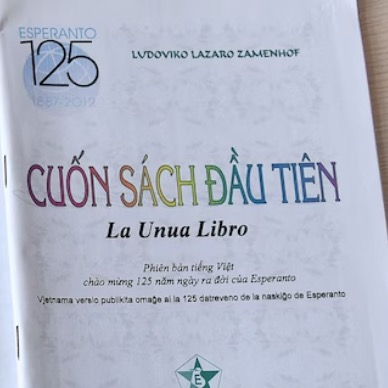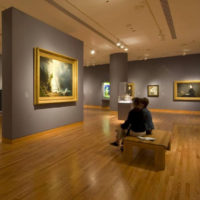Good morning: For months big AI companies have been touting how AI will change things. In the past few weeks, we’re starting to see it. Starting with online search. AI-powered search is radically different from the traditional Google search we’re used to. Instead of returning lists of thousands of websites where you might find your answer, the new AI search simply answers your questions without you ever to have to visit websites. It’s seductive for users. But it will forever change how the web works, how websites earn money, and a whole lot more. More here in the Atlantic.
Here are more highlights from today:
- Why Is A Biden Appointee Removing Negative Events From The National Archives Exhibits? This report discusses concerns over the U.S. Archivist’s alleged removal of sensitive historical materials, raising questions about transparency and the ethical responsibilities of cultural institutions to present comprehensive histories. – Hyperallergic
- Prominent Italian Dealer Arrested For Trafficking Thousands Of Stolen Artifacts Authorities arrested Edoardo Almagià, a well-known Italian dealer, for allegedly trafficking looted antiquities, highlighting ongoing issues with cultural heritage theft and the need for stringent regulations in the art market. – Smithsonian
- Neuroscience Unlocks How Our Brains React To Movie Scenes
This research uses machine learning to explore how specific brain regions respond to audio-visual stimuli, offering insights into the neurological processes behind engagement with film and potentially informing future media studies and film techniques. – Neuroscience News - Azerbaijan “Repurposes” Copyright To Suppress Public Artwork
By asserting copyright claims on unwanted images of public art, Azerbaijan removes certain depictions from the public eye, sparking debate over intellectual property misuse and cultural erasure. – Hyperallergic - Cultural Philanthropy Is Shifting Towards Social Equity and Community-Centric Models This article examines how cultural philanthropy is evolving, with donors prioritizing support for social justice initiatives, smaller organizations, and community-driven projects, reshaping funding landscapes in the arts. – The Art Newspaper
Jump down to see all the rest of the stories we’ve collected in the past day. See you tomorrow.
Doug





